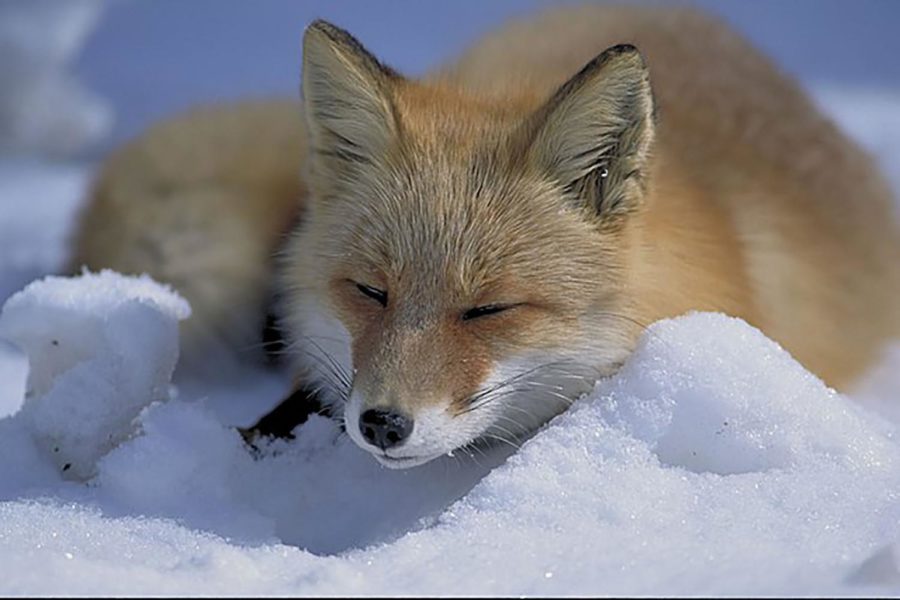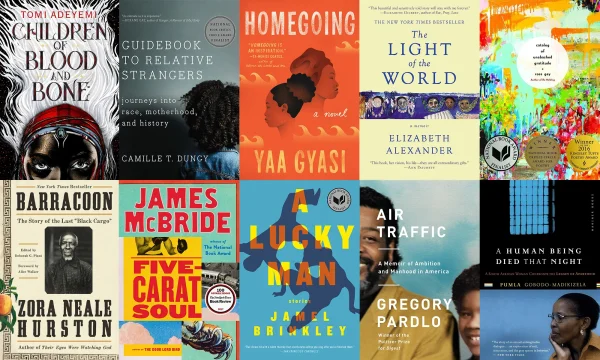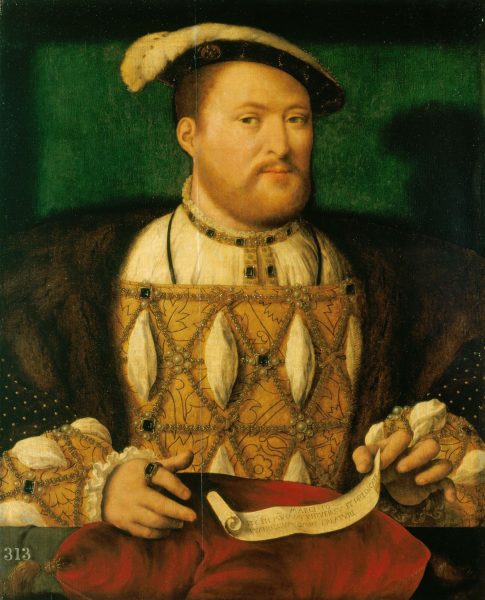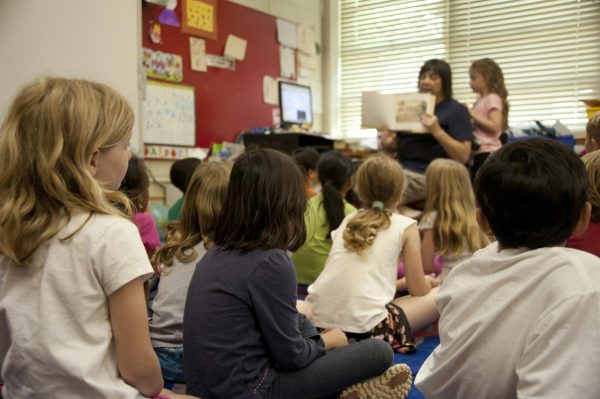Wildlife Aren’t Your Pets
My mother is a wildlife rehabber at PAWS. We moved to Seattle so she could have this job. The product of being raised by a wildlife rehabber is that I know the difference between “pets” and “wild animals”. Don’t get me wrong, I grew up wanting a raccoon or a crow, or a fox. And every time I’d find a cute video of a wild animal in someone’s house, I’d rush to show my mother and receive a 20-minute lecture on how unethical that “cute” video was. At some point, those lectures seeped in and I started becoming the one who lectured people on the ethics of those videos. I’d get retorts such as “It’s fine, they’re domesticated” or “I read an article online, it’s not that bad!” Over quarantine, these videos doubled. And soon, I faced many people who thought that having a fox as a pet was a good and ethical thing to do. But, the bottom line is, wild animals aren’t your pets. They are not human playthings. They are not something for us to control or fawn over and dress in stupid costumes. They are wild animals, meant to live in the wild. Just because they’re cute doesn’t mean we deserve to own them. How would you feel if someone came up to you and decided that since you’re cute you should be theirs? Of course, it’s different for humans. But I implore you to see the truth in that analogy.
The word “domesticated” gets thrown around a lot. “It’s okay to own foxes, some breeds are domesticated!” This is a straight-up lie. They are tamed, not domesticated. The National Library of Medicine says, “Taming is a conditioned behavioral modification of an individual; domestication is permanent genetic modification of a bred lineage that leads to, among other things, a heritable predisposition toward human association…However, an animal merely bred in captivity is not necessarily domesticated. Tigers, gorillas, and polar bears breed readily in captivity but are nevertheless not ‘domesticated.’” The domestication of animals falls into 3 categories: companions, food, and labor. There are many animals already domesticated that are treated terribly, with even dog and cat breeding raising its own ethical questions. The support of breeding animals in captivity, such as raccoons, foxes, squirrels, birds, and many others, is an unethical forced taming of wild animals. Domestication is a long, long, long process that can not be achieved within a couple of decades. Dogs are domesticated because their entire species are hardwired to rely on humans. Breeding animals in captivity for monetary gains is disgusting, as it takes away a vital part of their being and causes developmental disorders within those animals. I urge you to please consider what industry you are supporting by searching out these videos and wanting wild animals as pets.
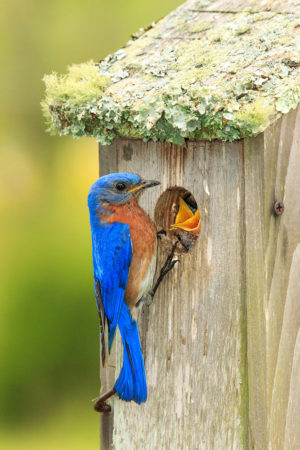
Owning wild animals isn’t always how we unintentionally harm them, there are many instances where we think we are “helping” them when actually we end up harming them. The most common example is feeding birds. Many people think they’re helping birds by throwing them some food, such as peanuts or potato chips. This is actually very harmful, not only because it’s junk food, but also because it creates an unnatural environment. Often, too many birds or animals will congregate there and more easily spread diseases. If you don’t clean up after the birds, it will attract rats, and people in the area might poison them, which will then poison the animals that eat those rats, such as hawks. Some people also think they’re helping by finding baby animals on the ground, thinking they’re orphaned, and picking them up when they actually aren’t. If you see a baby animal and think it’s orphaned, call your closest Wildlife Rehab center instead of trying to care for it yourself. Definitely do not try to relocate animals by yourself either. Always talk to a Wildlife Rehab center. They are quite literally professionals and they don’t charge you. As decent and good people, we have a natural instinct to help wild animals. But the truth of the matter is, they usually do not need our help. When they do need our help, it is usually because of something we humans have created, such as getting hit by cars, destroying their habitats, and planting non-native and invasive plants. Even letting your cats outside is very harmful, since cats are an invasive species and hunt wildlife when they have a perfectly good food source from you.
The harmful ways we “help” animals, such as tossing peanuts straight from your hand to a hoard of crows, are usually quite invasive and artificial. But there are ways we can help animals that are not invasive and give them the space to live in their own environment. Bird feeders are a good option, but they should be cleaned regularly in order to not spread diseases among birds. You can also help by creating natural habitats in your backyard. You can do this by planting native plants and trees that can supply natural foods to wildlife. These habitats are especially helpful and needed around rivers and streams. You can also put up nesting boxes for birds and allow for natural nesting places in your yards where you don’t mow the grass or move anything. This will attract wildlife in small numbers. When you see them, be respectful and give them space to live. Direct interactions with humans can be stressful for many animals. You can also keep the area at a safe number by making sure you don’t leave out anything outside that could attract wildlife, such as food.
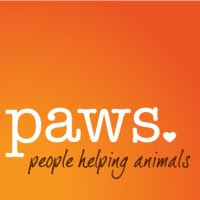
Another way you can help is by donating to a Wildlife Rehab Center. Given my personal experience with the organization, I implore you to donate to PAWS. You can also volunteer at PAWS if you are 16 or older. And if you still want to see videos of cute animals, PAWS has many interesting videos of animals being released. There are also articles talking about some of the animals they’ve recently rehabbed. PAWS also frequently participates in fairs and events to answer wildlife-related questions and educate people on how they can better help the wonderful animals that share our world with us. Overall, please respect animals. Our environment is their environment, and they deserve a happy and free life as much as we do.
PAWS Links:
Volunteering: https://www.paws.org/volunteer/become-a-volunteer/
Website: https://www.paws.org/
Youtube Channel: https://www.youtube.com/@pawsvideo



